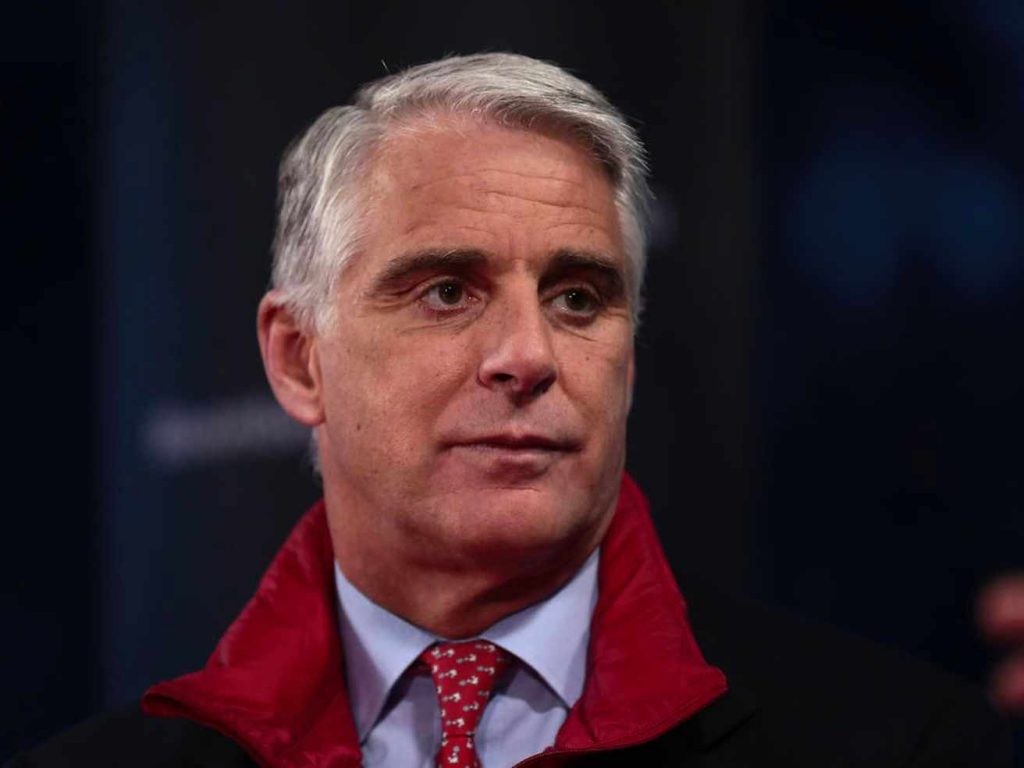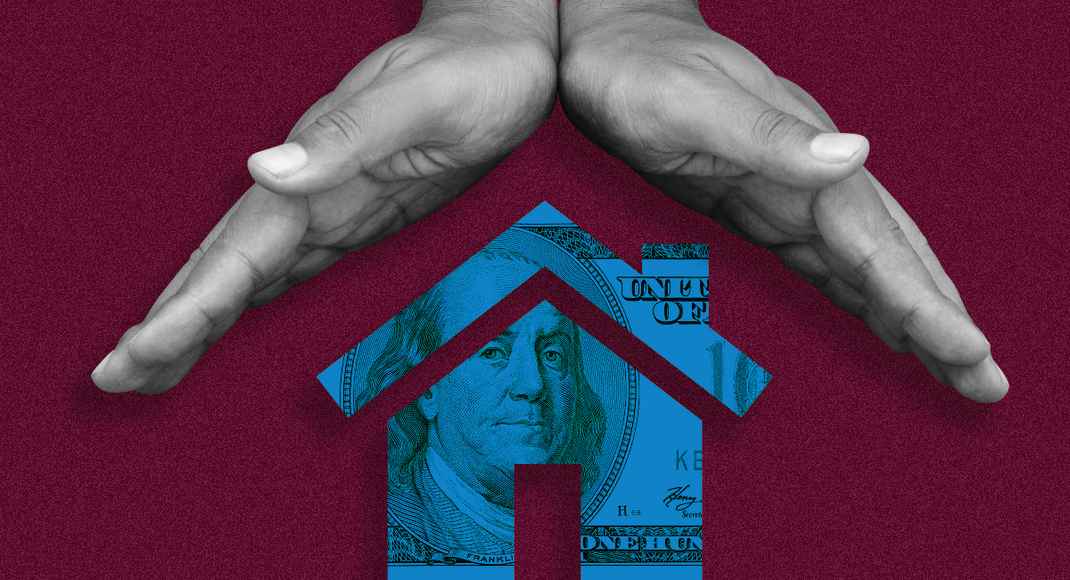Andrea Orcel's UniCredit is ready to reward its shareholders with a buyback programme that, as explained by the CEO of Piazza Gae Aulenti, is aimed at increasing dividends and profits.
Featured book: Business and Society PDF version

The Italian bank reached a new milestone today, receiving shareholder approval for the second 1 billion tranche of the 2.6 billion buyback.
A total of 99.3361% of the capital present at the meeting voted in favour of the resolution, representing 63.99% of the total capital.
Responding to a shareholder's question, Orcel explained the dynamics underlying the buyback plan and defining its objectives: the reaction of the UniCredit share was more than positive, which rallied towards EUR 11 on the Ftse Mib stock exchange.
UniCredit has been the stock market queen among Italian banks for the past six months, despite Andrea Orcel's apparent stubbornness in not withdrawing from Russia (even if the cut in exposure to Vladimir Putin's country at war with Ukraine goes ahead).
UniCredit shares gained 14.3% over the past six months compared to +12% Bper, +7.4% Banco BPM and -3.8% Intesa SanPaolo.
The share buyback programme, UniCredit CEO Andrea Orcel pointed out today, 'has been defined and approved with the aim of leading to the purchase and cancellation of shares'.
In fact, 'the cancellation will lead to a decrease in the number of shares on the market, in this case by around 7% of the capital, which in turn means that upon completion of the transaction, of these two buyback tranches, the number of shares on the market would fall by 11-12%. Which between earnings and dividends will result in shareholders receiving this 11-12% more than at present, which should lead to investors' appreciation of the programme'.
During the UniCredit shareholders' meeting, Orcel explained that "the (shareholders') approval is necessary to enable the completion of the 2021 share buyback programme for the remaining part, amounting to EUR 1 billion, as the amount of shares for which the shareholders' meeting of 8 April 2022 authorised the purchase is not sufficient, considering the evolution of Unicredit's share price due to the macroeconomic and geopolitical environment".
"We have very solid financial and strategic foundations," the ceo reassured, emphasising that "the successful completion of the 2021 shareholder distribution programmes represents a further step towards the realisation of our UniCredit Unlocked strategy and financial ambitions, generating strong returns and value creation for shareholders."
Andrea Orcel rattled off concrete numbers as he addressed the shareholders, who endorsed their confidence in UniCredit's potential.
"Let me remind you," the CEO emphasised, "that during the course of this year, our business momentum and the progress we are making in executing our UniCredit Unlocked strategy enabled us to achieve our best first-half results in at least ten years, with profitable growth across all our divisions, to complete the first 2021 tranche of share buyback for 1.6 billion, to set aside 0.9 billion in dividends on our first-half 2022 results and to increase our Cet1 ratio to 15.7% in Q2 2022, among the best in the industry."
Featured book: Nonprofit Management Principles and Practice PDF version
The solidity of Piazza Gae Aulenti's accounts was also highlighted by UniCredit's chairman, former Treasury Minister Pier Carlo Padoan: Padoan commented on UniCredit's first-half accounts, making no secret of his great satisfaction with the results achieved:
"The implementation of UniCredit Unlocked led us to achieve the best half-year results in the last ten years: all geographical areas achieved record results and exceeded the plan targets. This allowed us to confirm the remuneration of our shareholders and the completion of the share buy-back programme, decided last April and now authorised by the Supervisory Authority, which is why we are here today'.
Chairman Padoan added that he considered 'all this to be solid proof that UniCredit Unlocked is working', emphasising the bank's goal: 'to make UniCredit the bank of Europe's future'.
On the other hand, 'the UniCredit management team is working hard to achieve these results, acting quickly and effectively, always keeping our customers and their goals in mind'.
The chairman of UniCredit did not fail to praise CEO Andrea Orcel, following the handover of the leadership of UniCredit Italy from Niccolò Ubertalli to the same ceo, announced by the institution weeks ago:
"The repositioning of our Italian operations under the direct leadership of the CEO (Andrea Orcel) and the Deputy Head of Italy" is an "example of how we are providing the areas where we are present with what they need. This strategy is already starting to produce tangible results,' said the former minister.
Padoan also referred to the deep crisis that Europe is experiencing due to the consequences of the conflict between Russia and Ukraine.
The former holder of the Treasury made a comparison with the previous crisis, the Covid pandemic:
"Although the Covid pandemic was long and had significant impacts, considering also the consequences of the Russian-Ukrainian crisis what we face today in Europe is probably even more challenging as it concerns structural and long-term issues that need to be addressed."
Padoan noted that 'both companies and individuals are already feeling the impact of rising energy prices, in a scenario where the cost of living continues to rise'.
As a result, 'economies across Europe are facing challenges to which governments and regulators must respond'. The former Treasury minister stressed that, in the specific case of Italy, 'political uncertainty (referring to the upcoming #politicalelections22) adds to the unknowns of the future'.
Padoan showed confidence in UniCredit's solidity in any case:
'As a bank, we will not allow events beyond our control to distract us from our goal: to best support the European economy and all its citizens. To this end, we must focus on the realisation of our strategic plan, UniCredit Unlocked, and on making our bank as strong as possible in order to support Europe in the difficult times now and in the future."
Featured book: Macroeconomics theories and policies PDF version
"Thanks to the leadership of our management team," Pier Carlo Padoan continued, "we are moving forward with UniCredit Unlocked by delivering on the promises we made to our stakeholders. This includes the measures we have taken to simplify and optimise our bank, our continued commitment to our ESG priorities and our willingness to put customers at the heart of everything we do by providing, through tailored initiatives, tangible support to those who are struggling due to the current environment. In Italy, in particular, we are continuing to support the implementation of the National Recovery and Resilience Plan (Draghi's PNRR), which is an essential pillar for the country's growth'.
Returning to Russia and UniCredit's exposure to the country, it was Andrea Orcel himself who emphasised, during the presentation of the bank's accounts, that 'Russia is no longer a concern for the group's results'.
To wit:
'We are reducing our exposure as we have committed, our business in Russia is functional and from an economic, financial and capital point of view the impact of Russia on the accounts is no longer a concern for us,' Orcel explained, 'We are committed to gradually reducing our exposure: we have reduced it by EUR 2.7 billion and will continue to do so in an orderly and rational manner. We have not changed our position in this regard'.
Featured book: Global Business Today PDF version
 What is P R bond?
27/11/2023
What is P R bond?
27/11/2023
 What is Compulsory Convertible Debentures?
27/11/2023
What is Compulsory Convertible Debentures?
27/11/2023
 Dynamics of Central Asian Economies
17/11/2023
Dynamics of Central Asian Economies
17/11/2023